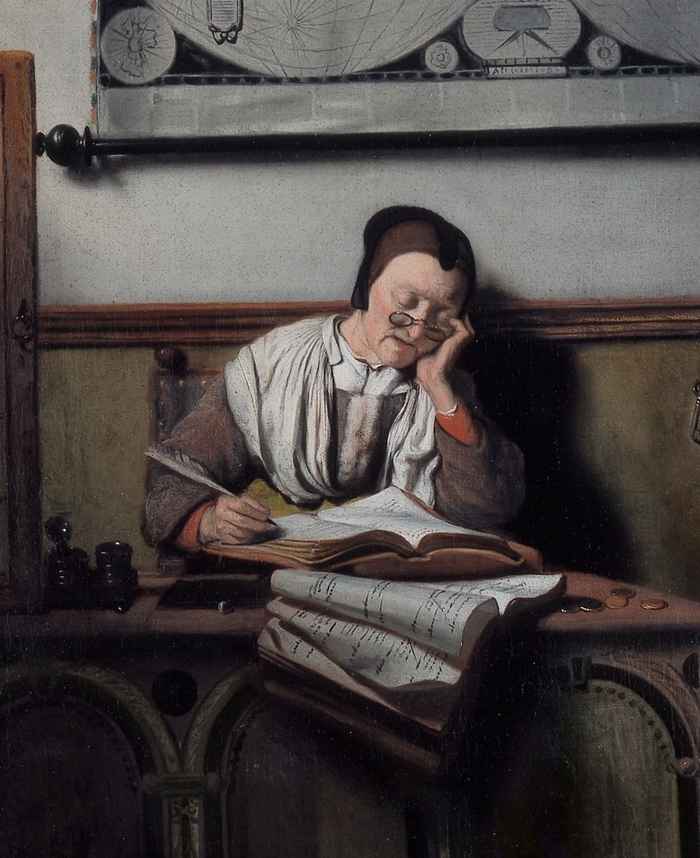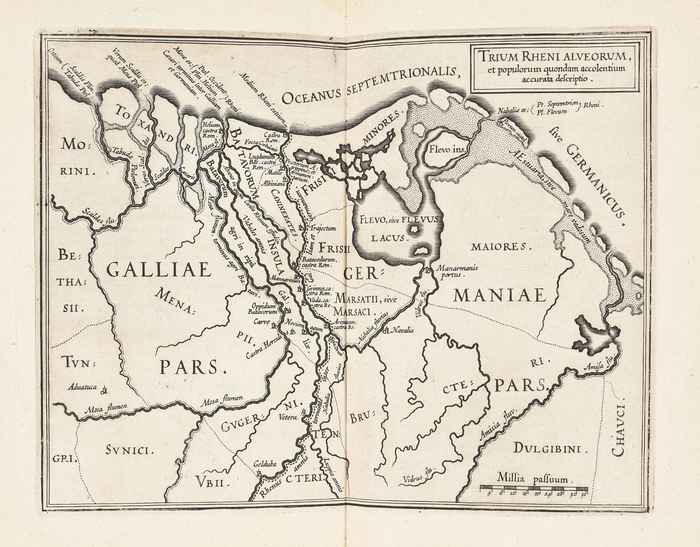Vossius Seminar: Mathijs Boom & Giacomo Bonan
- Date
- 29 April 2025
- Time
- 16:00 -18:00
- Location
- University Library
- Room
- Vondelzaal

Program
16-17h: Mathijs Boom, Vossius fellow & University of Amsterdam
Diluvial histories: Ancient floods and environmental reflexivity in the Low Countries, c. 1600-1750
Around 120 BCE, a great flood struck the southern coast of the North Sea, felling trees, drowning lands, and casting the resident tribe of the Cimbrians into exile. This paper looks at the various ways in which this 'Cimbrian deluge' and other ancient floods were invoked by learned authors in the early modern Low Countries. It argues that the story of the Cimbrian deluge, derived from a vague remark in Strabo’s first-century Geographica, evolved from an origin myth akin to the biblical flood, to a cautionary tale illustrating the long-term consequences of negligent water management—thus fostering a kind of environmental reflexivity. Drawing on antiquarian works, seventeenth-century historical cartography, and surveyors' treatises, this paper argues that changeable landscapes had a central role in early modern histories of the Low Countries.

17-18h: Giacomo Bonan, Vossius fellow & University of Turin
Between Forest History and Forest Science: Silviculture as Hybrid Knowledge in the Work of Adolfo di Bérenger
Adolfo di Bérenger is considered the founder of the Italian school of silviculture and, at the same time, one of the leading figures in the field of forest history. This dual role is evident in his major works, the most important of which is Dell’antica storia e giurisprudenza forestale in Italia, first published in 1859 and subsequently republished several times. Building upon Di Bérenger’s work and writings, this paper analyses the development of silviculture in late nineteenth-century Italy as a discipline characterised by fluid boundaries, in which statistical and quantitative methods blended with historical-based and qualitative forms of knowledge.
